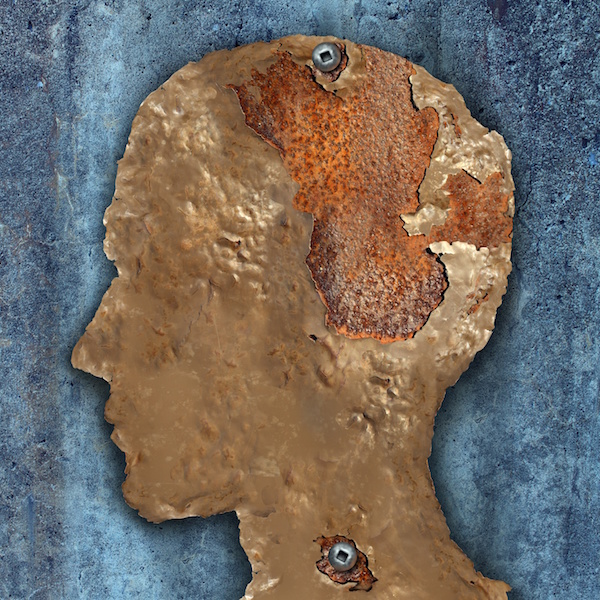Young adults who use marijuana solely for recreational purposes may develop significant structural changes in their brains
The finding published in the Journal of Neuroscience… follows a brain scan analysis involving 40 Boston-area college students, between the ages of 18 and 25.
None of the students used pot for medical reasons. However, half said that they smoked marijuana causally at least once a week. The other half didn’t.
All the students underwent MRIs to scan parts of the brain long-linked to human motivation, emotions, reward, and addiction.
The scans revealed nothing out of the ordinary among non-pot users. But among pot smokers, the scans showed clear signs of abnormality in terms of shape, size, and structure.
What’s more the greater the amount of pot smoked, the greater the brain abnormalities.
The study team acknowledged that additional work is needed to confirm the findings.
Nevertheless they argued that their brain-imaging effort raises some troubling questions about the safety of recreational pot. Some proponents of changes in marijuana laws say marijauana does carry some risks, as does alcohol, and advocate its responsible use among adults and restricted use among young people.
I’m Dr. Cindy Haines of HealthDay TV with news you can use for healthier living.
Copyright © 2026 HealthDay. All rights reserved.

